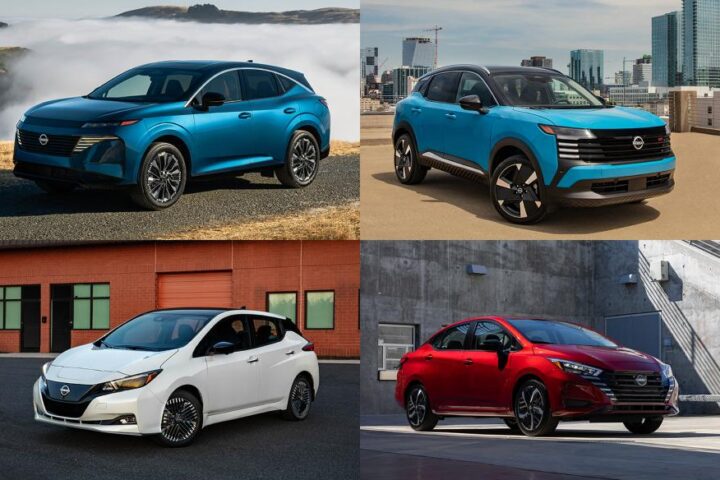In an unprecedented maneuver signaling the shifting energy landscape, Exxon Mobil, the behemoth of the oil industry, has announced its ambitious acquisition of Denbury Inc. This bold all-stock transaction valued at $4.9 billion not only sparks a new era of growth for Exxon Mobil but also positions it as a game-changer in the field of carbon capture and sequestration (CCS).
CCS, a technology primarily aimed at curbing CO2 emissions, is a major pillar of the U.S. strategy to cut greenhouse gas emissions by 40% by 2030. With Denbury’s robust carbon capture prowess, Exxon Mobil stands to greatly benefit from a changing climate landscape that sees the U.S investing nearly $375 billion over the next decade in climate change combat strategies, primarily CCS. This move aligns the oil giant firmly with the objectives of the Inflation Reduction Act enacted by the Biden administration last year.
Denbury’s extensive portfolio of carbon capture and storage assets, alongside its Gulf Coast and Rocky Mountain oil and natural gas operations, provide Exxon Mobil with a comprehensive set of resources to amplify its low-carbon solutions. Furthermore, the acquisition hands Exxon Mobil the reins of the largest owned and operated carbon dioxide pipeline network in the U.S., spanning 1,300 miles and containing nearly 925 miles of CO2 pipelines in Louisiana, Texas, and Mississippi.
Beyond the immediate benefits of the deal, it’s the potential long-term advantages that truly set this acquisition apart. Exxon Mobil’s vision of a carbon-neutral future is made tangible by the predicted capacity to reduce emissions by more than 100 million metric tons per year. This aim synergizes with the company’s 2050 commitment to achieving net-zero Scope 1 and 2 greenhouse gas emissions from its operated assets.
Similar Post
“Acquiring Denbury reflects our determination to profitably grow our Low Carbon Solutions business by serving a range of hard-to-decarbonize industries with a comprehensive carbon capture and sequestration offering. The breadth of Denbury’s network, when added to ExxonMobil’s decades of experience and capabilities in CCS, gives us the opportunity to play an even greater role in a thoughtful energy transition, as we continue to deliver on our commitment to provide the world with the vital energy and products it needs.”
- Darren Woods, Chairman and CEO
Despite the optimistic projections, the deal isn’t without its potential hurdles. The transaction must secure the approval of Denbury shareholders, which, given the substantial value of ExxonMobil’s offering, is far from guaranteed. Furthermore, integrating Denbury’s operations into Exxon Mobil’s existing business model, while balancing the low-carbon and traditional oil and gas segments, will be a formidable task.
In conclusion, Exxon Mobil’s acquisition of Denbury heralds a new era for the energy industry. It underscores the growing commitment of oil majors to align their operations with environmental commitments, but it also underscores the immense challenges they face in achieving these objectives. This acquisition is an essential step in the right direction, but its success will ultimately depend on how well Exxon Mobil can integrate and optimize these new assets while maintaining its pledge to deliver on shareholder returns.
















